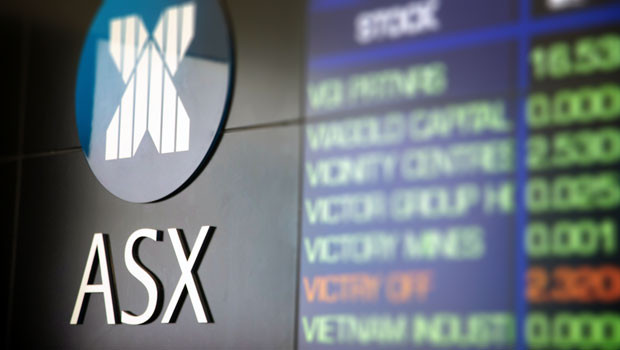
Source: Sharecast
Patrick Munnelly, TickMill market strategy partner, said stocks remained within a narrow range as investors refrained from increasing their positions in anticipation of the US June payroll data on Thursday.
“Japanese stocks fell following president Trump’s recent tariff threats,” he noted.
“Futures for the S&P 500 rose, while a broad index of Asian stocks remained unchanged, recovering most of their earlier declines.”
Munnelly noted that Trump indicated he might raise tariffs on Japan and criticised the country for not accepting US rice exports, adding that the dollar index moved closer to a three-year low established on Tuesday.
“Investors are paying close attention to economic indicators and escalating trade tensions, particularly following Trump's announcement that he would not postpone the 9 July deadline for implementing increased tariffs on trading partners.
“Stock markets, which previously reacted sharply to trade news, now seem to perceive minimal risk, with equity indexes hovering near record highs.
“This stability is likely influenced by expectations that Trump may extend the tariff deadline, given his history of initially threatening and ultimately backing down.”
Markets mixed across the region as Trump tariff deadline looms
Japan’s Nikkei 225 slipped 0.56% to 39,762.48, dragged down by sharp losses in gaming and industrial stocks.
Konami tumbled 6.86%, Bandai Namco fell 5.14% and Kawasaki Heavy Industries dropped 5%.
The broader Topix index edged down 0.21% to 2,826.04.
Mainland Chinese markets also retreated, with the Shanghai Composite down 0.09% at 3,454.79 and the Shenzhen Component falling 0.61% to 10,412.63.
Shanghai AJ Group plunged 10.05%, Inner Mongolia First Machinery Group lost 9.99%, and Shanghai Huili Building Materials declined 9.34%.
Hong Kong outperformed, with the Hang Seng Index rising 0.62% to 24,221.41.
Renewable energy stocks led gains, as Xinyi Solar surged 10.84% and Xinyi Glass added 9.55%.
Sands China climbed 6%.
South Korea’s Kospi 100 slipped 0.37% to 3,095.15, weighed by energy and industrial names.
SK Innovation slumped 6.96%, HD Korea Shipbuilding & Offshore Engineering fell 5.75%, and Korea Electric Power slid 5.27%.
Australia’s S&P/ASX 200 rose 0.66% to 8,597.70, driven by strength in financial stocks.
Perpetual jumped 8.75%, Platinum Asset Management gained 8.7%, and Magellan Financial Group advanced 5.96%.
New Zealand’s S&P/NZX 50 added 0.39% to 12,784.29, supported by defensive and consumer names.
Oceania Healthcare rose 2.99%, Restaurant Brands New Zealand gained 2.67%, and A2 Milk Company was up 2.46%.
In currency markets, the dollar was last up 0.3% on the yen to trade at JPY 143.85, as it gained 0.27% against the Aussie to AUD 1.5232, and advanced 0.34% on the Kiwi, changing hands at NZD 1.6451.
Oil prices were little changed, with Brent crude futures last up 0.1% on ICE at $67.18 per barrel, and the NYMEX quote for West Texas Intermediate edging 0.06% higher to $65.49.
Korean inflation accelerates, Aussie retail sales disappoint again
In economic news, South Korea’s inflation accelerated in June, rising 2.2% year-on-year, the fastest pace since January and above the 2.1% forecast by economists.
It also marked an increase from May’s 1.9% rate.
Core inflation, which excludes food and energy, held steady at 2% on an annual basis and was 0.1 percentage points higher than the prior month, indicating underlying price pressures remain stable.
In Australia, retail sales disappointed for a fourth consecutive month, rising just 0.2% in May, below expectations of a 0.4% increase.
Gains in clothing sales were offset by an unusual decline in food spending, according to data from the Australian Bureau of Statistics.
Annual growth slowed to 3.3%, the weakest since November, highlighting continued pressure on household demand despite lower borrowing costs and rising real incomes.
The persistent weakness in consumption reinforced expectations that the Reserve Bank of Australia would cut interest rates next week.
Markets were now pricing in a 96% chance of a quarter-point cut from the current 3.85% cash rate.
All four major Australian banks now forecast a rate cut at the RBA’s meeting on Tuesday, as economic growth remained subdued and inflation risks continue to ease.
Reporting by Josh White for Sharecast.com.